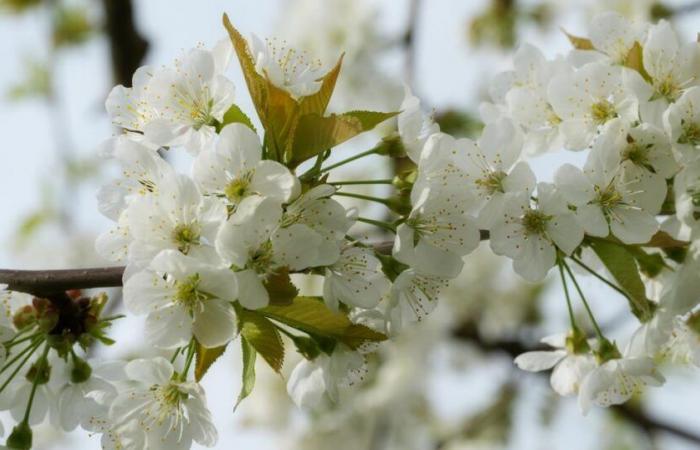In London, the Chelsea Flower Show each year highlights plants that are both innovative and refined. In 2024, several plants received an award. The tree selected for first place adapts to all soils and climates.
Every year, the grounds of the Royal Chelsea Hospital in London become the scene of the Chelsea Flower Showa world-class horticultural event and one of the most anticipated by gardening and floral design enthusiasts. Organized by the Royal Horticultural Society (RHS) since 1913, this prestigious show has rewarded both exhibition gardens and the most innovative plants of the year.
In the past, Queen Elizabeth II, patron of the RHS and a great gardening enthusiast, honored this event with her presence each year. Today, it is King Charles III, a fervent defender of the environment and sustainable agriculture, who perpetuates this tradition.
The plant stars of the year
This year, the title of plant of the year goes to Prunus «Starlight», a cherry tree that shines with its originality. From the month of March, its branches are adorned with a multitude of starry flowers of pure white, evoking the Star magnolia rather than the classic cherry trees. Composed of twelve delicate petals, this graceful tree reaches 4 meters in height and 3 meters in width and offers flamboyant foliage in the fall.
Born from a cross between a sweet cherry and the Prunus subhirtella “Autumnalis Rosea”, this small tree is distinguished by its robustness and its flowering resistance to frost. Undemanding, it adapts to all soils and climates, making it a centerpiece for any garden, even small ones.
adobestock
In second place, the Cosmos atrosanguineus «Cherry Chocolate» seduces with its cocoa scent and its cherry red flowers. Each flower, 7 cm in diameter, is decorated with golden touches in the center, bringing warmth and elegance. This compact variety, ideal in a pot or on a sunny terrace, has tuberous roots that are more resistant to cold, making it accessible even to gardeners in cool regions.
Third in the ranking, l’agave «Praying Hands» impresses with its architectural design. Its interlocking, curved leaves are reminiscent of hands in prayer, hence its evocative name. Born from a cross between Mangave “Bloodspot” and Agave ocahui, this hybrid is both decorative and resistant to drought. However, its limited hardiness (-4 to -5°C) makes it an ideal plant for pots or sunny, well-drained gardens.
France
World






